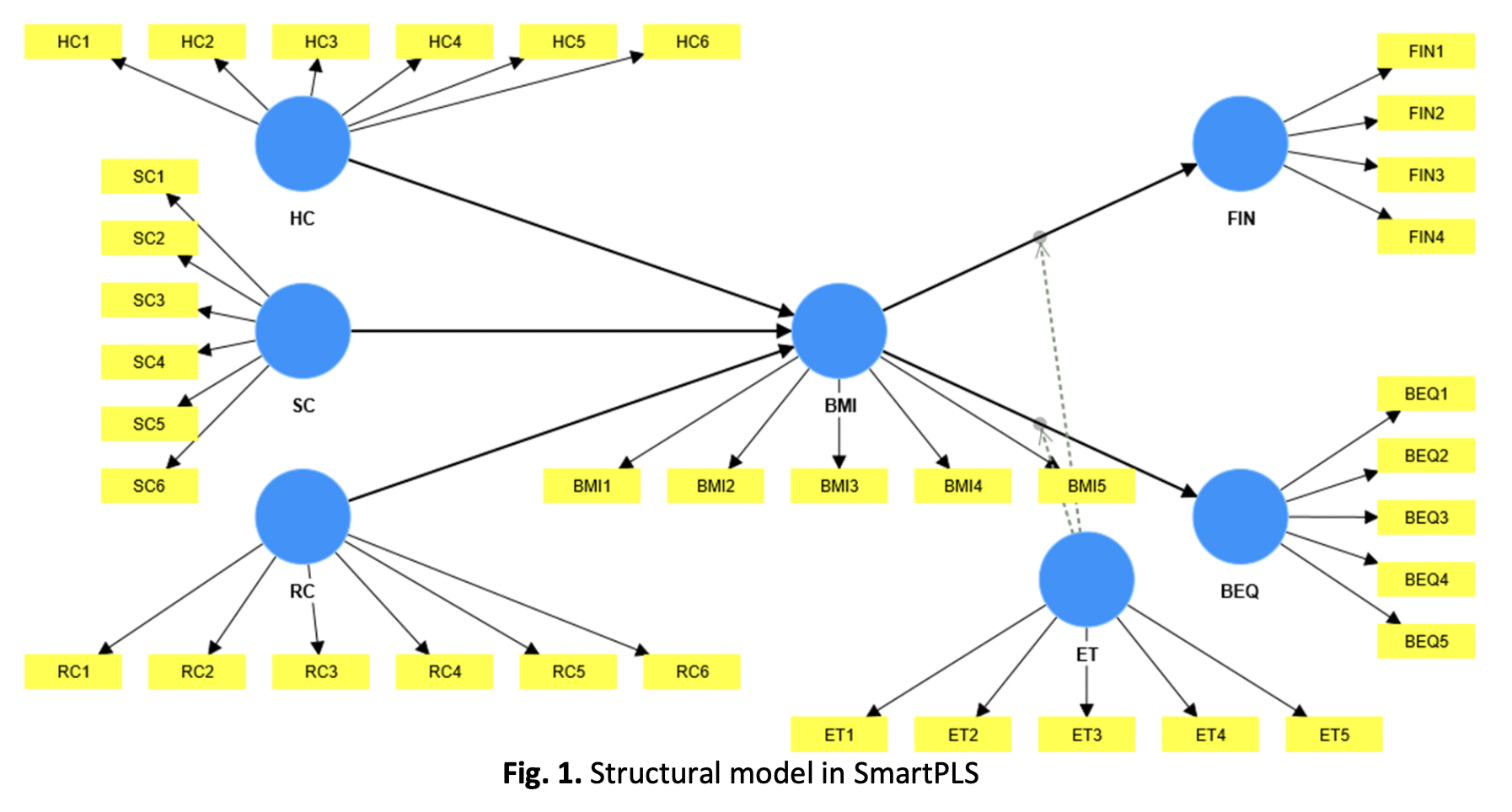Evaluating the Use of Multi-Sided Platforms on the Brand Performance of Malaysian SME Food Outlets
DOI:
https://doi.org/10.37934/araset.40.1.5563Keywords:
Intellectual capital, Business model innovation, Environmental turbulenceAbstract
The Malaysian food industry has been increasingly using the services of multi-sided platforms (MSPs) to offer online food delivery services, especially in urban cities such as Kuala Lumpur and Penang. Various global research has also found consistent indications that this trend will continue to grow over the next few years. This service involves the active collaboration between MSPs such as GrabFood and Foodpanda, delivery riders, end consumers, and food outlets. While there are many studies that evaluate the MSP business model and consumer behavior in this industry, there are limited studies that focus on the perspective of the food outlets. This study will address this research gap while focusing specifically on Malaysian SME food outlets to see if using MSPs to offer online food delivery services can improve their brand performance, both in terms of financial performance and brand equity. In addition, the study evaluates the effect that a food outlet’s intellectual capital has on the decision to use MSPs. The study also includes perceived environmental turbulence as a moderating variable on the relationship between MSPs and brand performance. The result of the study shows the impact of different intellectual capital assets on business model innovation activity. It also shows that there is no significant moderating impact of environmental turbulence on this industry even though there is evident turbulence. Lastly, the results show that using MSPs does improve the brand performance of Malaysian SME food outlets.
Downloads




























